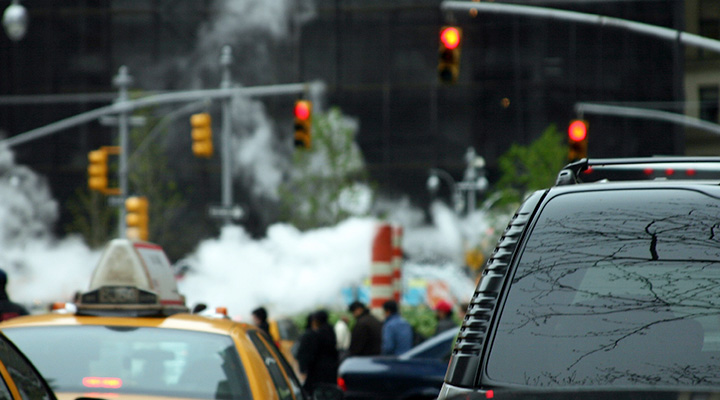
The legality and effectiveness of traffic cameras is an ongoing issue debated nationwide. The Des Moines Register compared crash data from the previous six years to the present day to see if there was enough data to determine whether or not traffic cameras are making roads safer. We’re going to break down both sides of the argument and tell you what you can do to challenge an automatic traffic ticket if you get one.
Safety
The primary benefit of traffic cameras is for public safety. Proponents believe that they do in fact reduce crashes in short-term studies. Crashes that happen at intersections with cameras reported in the article were reduced by about half. Opponents say that the reduction is within the margin of error and more data is needed to truly say that the cameras make people slow down and go through intersections correctly.
However, red light cameras have also been correlated with an increased risk of rear-end collisions. Drivers are stopping faster to avoid getting a red light ticket, which can cause the car behind them crash. It is unknown whether this is the case in Iowa yet due to the lack of data.
Money
The secondary benefit is revenue generation. A large portion of the money generated from traffic cameras is put back into the community or state, depending on the legislation. The contractor team running the cameras also receives a cut. In some states, like Florida, the terms of the contracts with traffic camera companies proved to be a huge bone of contention with locals and lead to lawsuits.
In Iowa, the estimated amount of revenue turned out to be far higher than expected by two orders of magnitude.
Due Process
However, it’s possible that camera tickets violate due process laws. First, it is very hard to contest a traffic ticket given out by these devices. There is photographic or video evidence, depending on the camera, that the courts use to justify mailing a ticket. Furthermore, local courts depend on the work of the camera contractors and trust their evidence implicitly. It has been argued that this means those accused of camera tickets have no ability to face their accusers, which is a fundamental right of American citizens.
Cash Grab
Additionally, cities have been known to alter settings on cameras in order to raise more revenue by doing things like lowering the timing from a yellow light to a red one. Even just changing the timing by a few tenths of a second can dramatically change the number of people caught by the light, which leads to an explosion of revenue.
This steady revenue stream is quite tempting to both the ticket companies and to the governments who can cash in on them. Estimates say that if the cameras were banned statewide revenue would drop by $12 million. Some opponents say the purpose of the cameras is all about increasing revenue rather than improving public safety.
Legislation
The complaints about the cameras have reached Iowa lawmakers. There are two bills in the legislature right now that would ban the cameras outright. A third bill would put heavy restrictions on them. That bill would require all monies earned by the cameras to go toward transportation improvements, provide a path for local citizens to ban the cameras, and require that a local police officer sign off on every ticket issued.
We will be watching these bills closely to see if they pass. If you have been sent one of these tickets you may wish to consult with a lawyer first before going to traffic court. Depending on the circumstances, it may be possible to challenge the ticket. If you have any questions, Contact Galligan Law at 515-316-6179 for a free consultation.


